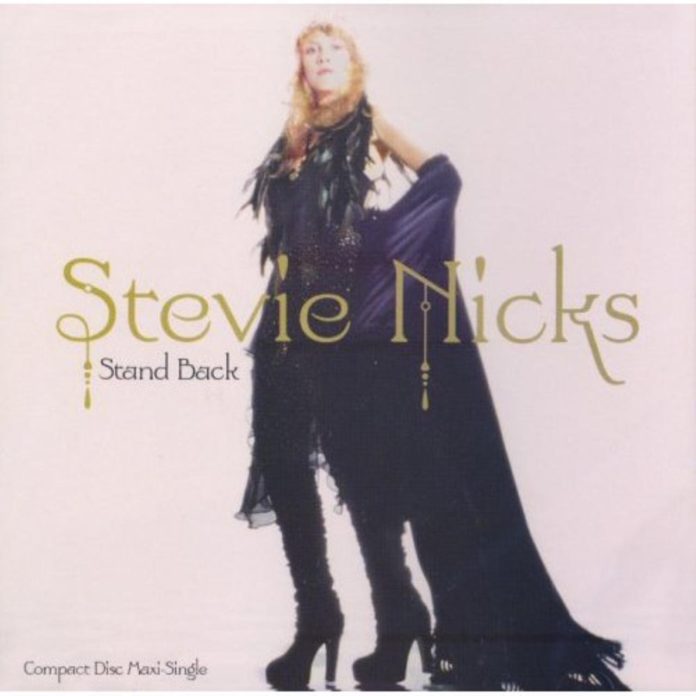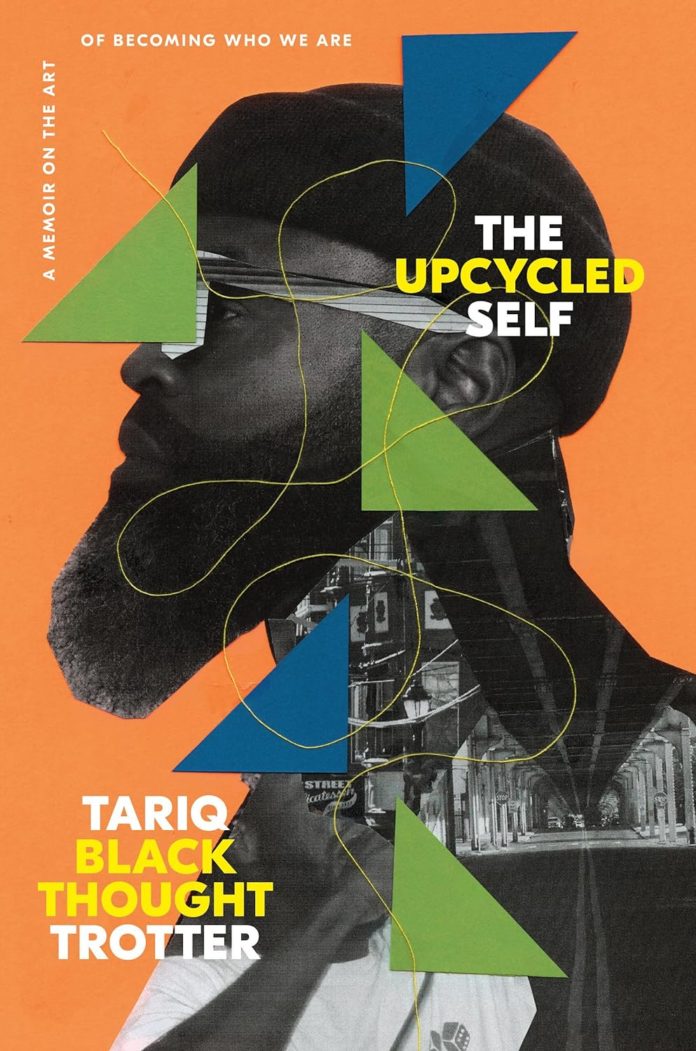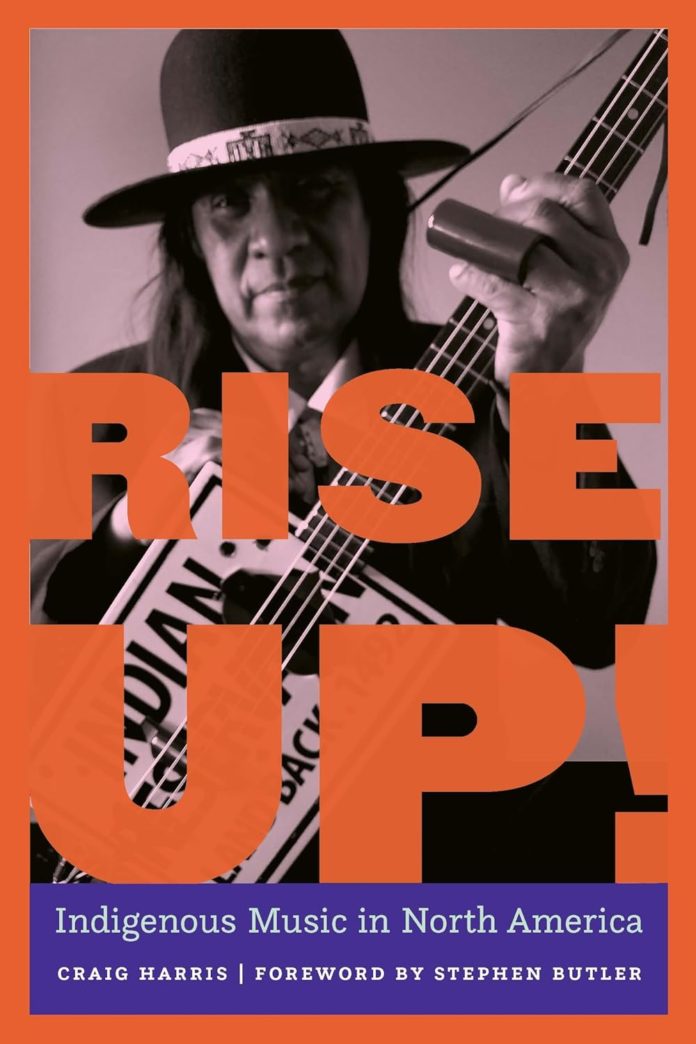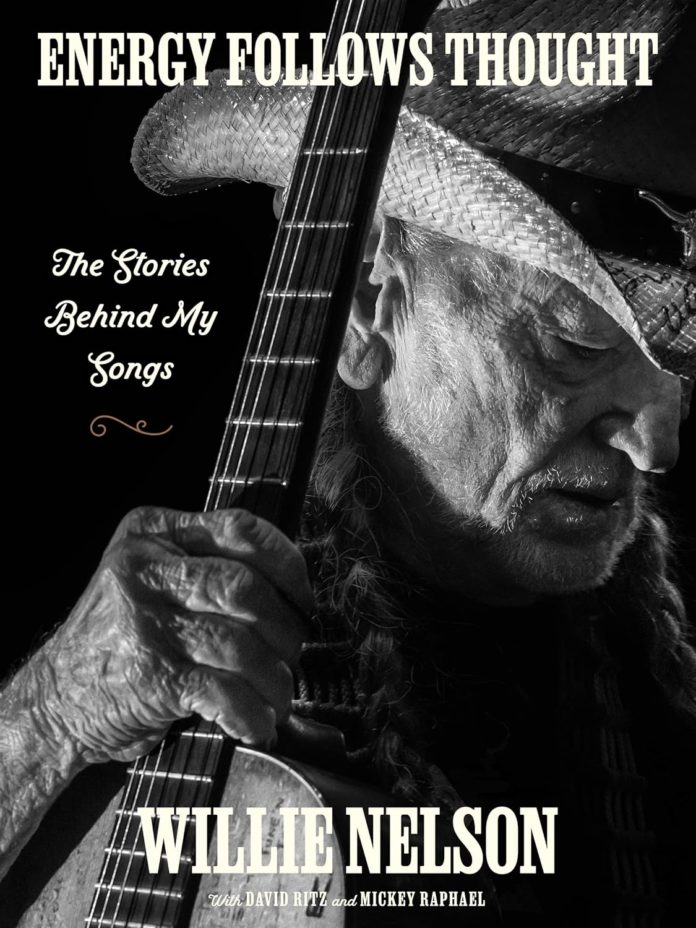Musician fxsnowy has a knack for turning nostalgia into pure sonic fire, this time transforming Rage Against the Machine’s “Killing in the Name” into a gritty, glitchy banger using only audio from the SEGA Genesis. The result sounds like a protest breaking out on Streets of Rage, with every punch, riff, and beat driven by FM synthesis fury.
Prince didn’t just light up stages and redefine cool—he was also a behind-the-scenes hit machine. The man wrote songs like he breathed, and sometimes, he handed those songs over to other artists like they were mixtapes from another galaxy. Some became chart-toppers, some became cult classics, and all of them were unmistakably Prince—full of funk, fire, and fabulousness. Here are 10 songs Prince wrote for others that prove he didn’t need to be on the mic to own the moment.
“Nothing Compares 2 U” – Sinéad O’Connor
Prince originally wrote this one for The Family, but it didn’t go global until Sinéad O’Connor took it, stripped it down, and sang it like her soul was unraveling in real time. Her version was heartbreak in high definition. Prince’s lyrics, her delivery—match made in melancholy heaven.
“Manic Monday” – The Bangles
You thought it was just a catchy ‘80s bop? Nope. That was Prince under the alias “Christopher,” giving The Bangles their breakout hit. The jangly guitars, the sighing vocals—it’s sunshine-pop with a purple glow. And yes, that “I was kissing Valentino” line? Pure Prince flair.
“I Feel for You” – Chaka Khan
Prince released his own version in 1979, but it was Chaka Khan’s electrified, hip-hop-infused 1984 cover that turned it into a Grammy-winning juggernaut. With Melle Mel’s “Chaka Khan, Chaka Khan!” intro and that synth-heavy groove, this was Prince meets breakdance revolution.
“Glamorous Life” – Sheila E.
This song didn’t just launch Sheila E.’s solo career—it practically installed her throne in the kingdom of cool. Written and produced by Prince, it’s a flashy, drum-driven anthem about choosing diamonds over domesticity. The sax solo? The attitude? Straight from the Minneapolis playbook.
“Jungle Love” – The Time
Prince didn’t just write this—he basically built The Time in his Minneapolis funk laboratory. Morris Day brings the charm, but Prince is all over this track musically. It’s chaotic, cheeky, and so funky it might short-circuit your speakers. “O-ee-o-ee-o!” is now a mood.
“Sugar Walls” – Sheena Easton
This one was released under the pseudonym “Alexander Nevermind” (because of course it was), and it shocked and scandalized radio stations in equal measure. Sensual, synthy, and drenched in innuendo, it’s a classic case of Prince giving someone else the naughtiest lyrics in his drawer.
“Love… Thy Will Be Done” – Martika
Yes, the “Toy Soldiers” singer. Prince penned this spiritual synth-pop ballad that sounds like it should be played during a sunrise epiphany. It’s subtle, hypnotic, and deeply heartfelt. Martika sings it like a prayer, but those harmonies? That’s Prince’s fingerprint all over it.
“Stand Back” – Stevie Nicks
Technically, Prince isn’t credited as a co-writer—but he’s the ghost in the machine. Stevie wrote it after hearing “Little Red Corvette,” called him up, and he showed up that night to lay down the synths. He played on it, shaped it, and transformed it. Prince wasn’t just inspiring hits—he was dropping in from another dimension to finish them.
“Yo Mister” – Patti LaBelle
This slice of late-’80s electro-funk is pure Minneapolis sound, down to the drum programming and synths. Prince produced it, wrote it, and gave Patti the grit and groove to deliver a message to absent fathers with fire and finesse. It’s tough love with sequins.
“Nasty Girl” – Vanity 6
Prince didn’t just write “Nasty Girl”—he basically created Vanity 6 as a concept group of lingerie-clad provocateurs. The song is unapologetic, ultra-sexual, and pure funk minimalism. It became a dancefloor staple and later a go-to sample in hip-hop. Prince at his most playfully dirty.
Prince didn’t just share songs—he gave away universes. Whether it was a whisper of heartbreak or a thunderclap of funk, every track he handed off came with his cosmic signature. These songs prove that even when he wasn’t center stage, Prince was still the puppet master of pop, soul, funk, and everything in between.












